Turkish President Recep Tayyip Erdogan and his Russian counterpart Vladimir Putin held an historic meeting regarding Syria in Moscow on March 5.
After 36 Turkish soldiers were martyred in Syria, the Turkish public has been fixated on the possible outcomes of this meeting. The meeting proved incredibly important, indicating a new political orientation for the ruling party in Turkey.
The US Special Envoy for Syria James Jeffrey and the US Ambassador to the United Nations Kelly Craft visited Turkey and conducted some negotiations ahead of Erdogan’s trip to Moscow.
At the same time, Turkish authorities have made several statements and called the US, the European Union and NATO to intervene in Syria to support them.
While Erdogan’s plane landed in Moscow, the Directorate of Communications related to the President’s Office was organising a conference in Istanbul with the pro-government think tank SETA, in which Jeffrey participated.
Erdogan-Putin meeting, Protests in Chile, coronavirus updates
Plans and concerns are the negotiation table
In Moscow, Turkey put two main subjects to the table;
1. The risk of a new migration wave from Idlib and
2. the continuing activities of the PKK/YPG terrorist groups in the North of Syria.
At same time to resolve the conflict and to decrease the tension in Syria, President Putin put forward a plan to:
1. Prevent the military conflict between Turkey and Syria from turning into a full fledged conventional war,
2. restrain Turkey’s position in Syria
3. and avoid pushing Ankara towards Washington while implementing these political initiatives.
The meeting in Moscow lasted for almost 6 hours.
While the two leaders announced the result of the meeting, Turkish media outlets widely broadcast the press meeting.
In their statements, the two leaders underlined the historical relations between Ankara and Moscow and also their will to continue cooperation.
President Erdogan announced that Turkey would adhere to the decisions of the Sochi process and Putin said the same of the Astana Deal.
The announcement of a ceasefire in Idlib was the most concrete result of the meeting.
In his speech, President Erdogan underlined the terrorist activities of the PKK/YPG in the North of Syria and said that Turkey hopes to work with Russia on the issue.
President Putin strongly emphasized Russia’s will to fight against terrorist groups, without naming any organizations in particular.
After the leaders’ speeches, the foreign ministers announced the conclusion of a Moscow agreement which includes these 3 main articles;
1. Cease all military actions along the line of contact in the Idlib de-escalation area starting from 12:01 a.m. March 6.
2. A security corridor will be established 6 kilometers (nearly 4 miles) to the north and 6 kilometers to the south of the M4 highway. Specific parameters for the functioning of the security corridor will be agreed upon between the Defense Ministries of the Republic of Turkey and the Russian Federation within seven days.
3. On March 15, joint Turkish-Russian patrolling will begin along the M4 highway in the settlement of Trumba, 2 kilometers west of Saraqeb, up to the settlement of Ain al-Havr.
From the leaders’ speeches, it is clear that Turkey will wait for Russia to take steps against the PKK/YPG in order to accelerate the elimination of the rebels groups in Idlib.
In short, the Moscow agreement shows us that Turkey is not falling into the trap of war with Russia.
With this agreement, Moscow has prevented conflict, and perhaps even a war.
Moscow’s position in regard to the PKK/YPG terrorist groups will be determinant for Turkey’s position in Idlib.
On the other hand, Tehran’s relationship to this agreement will also prove critical.
It is worth mentioning that this agreement is only a temporary solution. A permanent solution would require open dialogue between Ankara and Damascus.







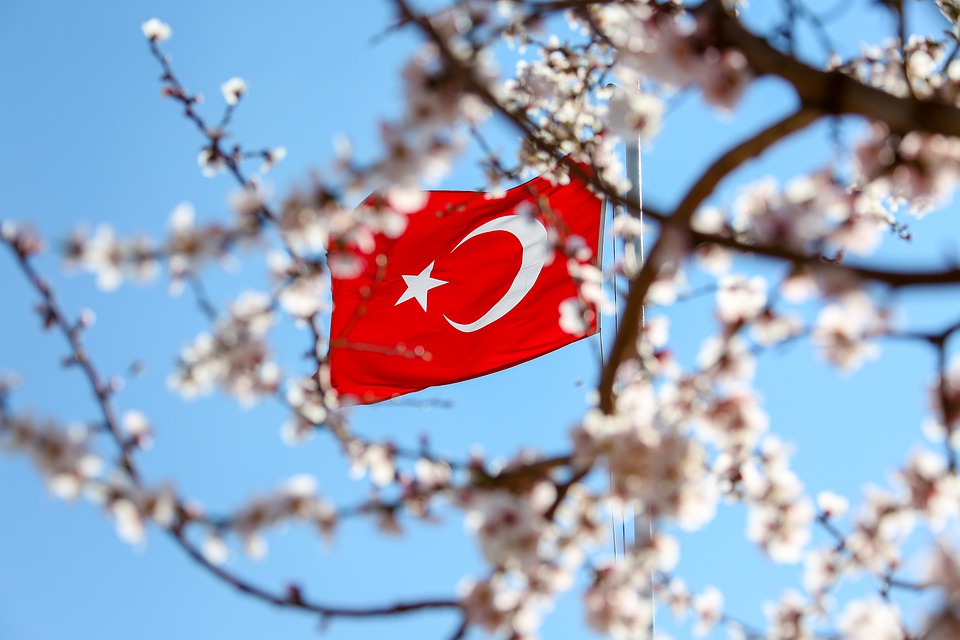
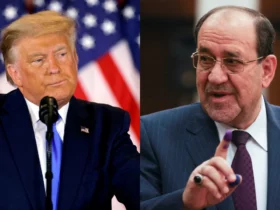
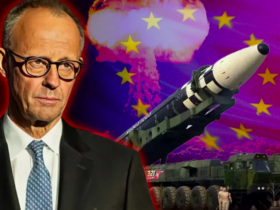
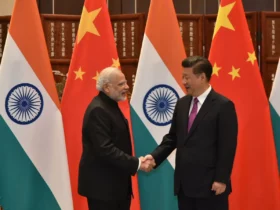
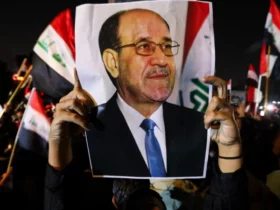
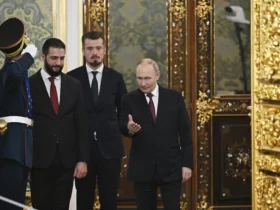
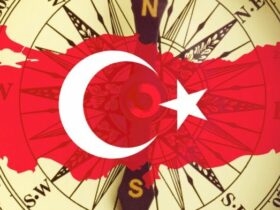

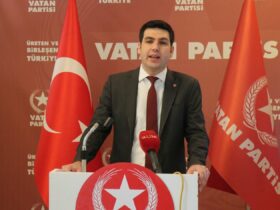

Leave a Reply